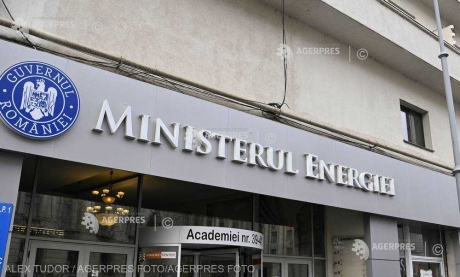Romania aims to achieve climate neutrality by 2045, thus bringing forward the previous deadline set for 2050, and also to ensure 38% of gross final energy consumption from renewable sources by 2030, according to the new version of the Integrated National Energy and Climate Change Plan (PNIESC), informs Agerpres.
The Ministry of Energy announced in a press release on Tuesday that it has published the second updated version of the PNIESC, a document that includes 89 additional policies and measures aimed at increasing the share of renewable energy sources (RES), significantly reducing greenhouse gas (GHG) emissions and implementing innovative solutions in all economic sectors. The scenario “With Additional Measures” (WAM), proposed in the plan, envisages more ambitious targets than those previously set, notes the Energy Ministry.
Among the plan’s key targets are to reduce net GHG emissions by 85% by 2030 compared to 1990 levels and to achieve climate neutrality by 2045, thus bringing forward the previous deadline of 2050. Also, by 2030, Romania aims to have 38% of its gross final energy consumption coming from renewable sources, with wind, solar and biomass as the main drivers.
“Romania is taking an important step in the fight against climate change by updating the Integrated National Energy and Climate Change Plan. We have raised the standards and set ourselves ambitious goals, through a vision of sustainable development that integrates innovative technologies and massive investments in renewable energy. This plan reflects our commitment to becoming climate neutral before 2045 and to contribute to a safer, more competitive and greener future for Romania and Europe,” said Energy Minister Sebastian Burduja, quoted in the press release.
The revised plan includes measures to reduce emissions in key sectors such as energy, transport, housing and industry, and aims to implement advanced technological solutions such as the use of renewable hydrogen and energy efficiency.
The Energy Ministry continues to work closely with national and international partners to ensure Romania’s energy transition and to protect the environment, the document further mentions.
“PNIESC will be submitted to the European Commission as soon as possible, Romania thus joining the member states that have forwarded their updated plans in the field at European level,” the relevant ministry announced.

